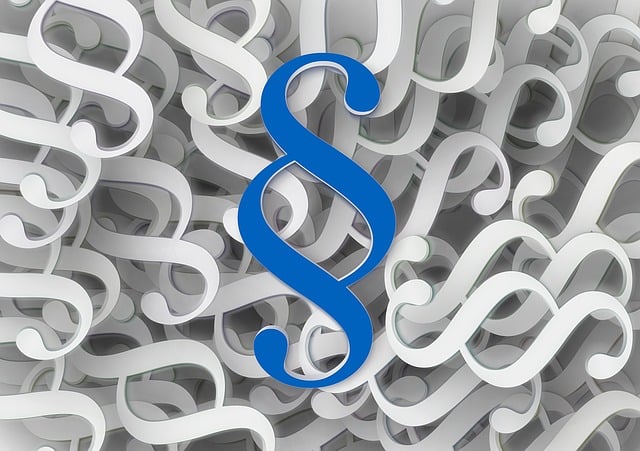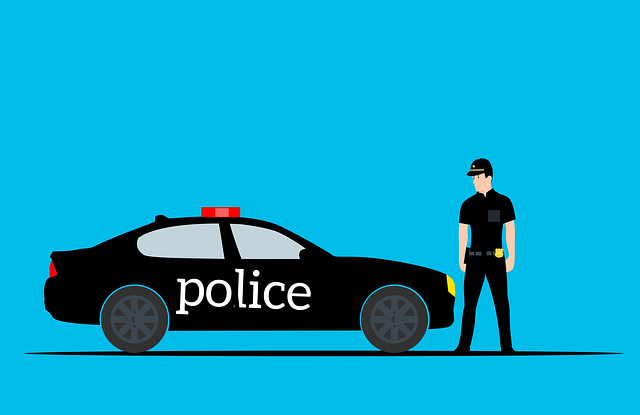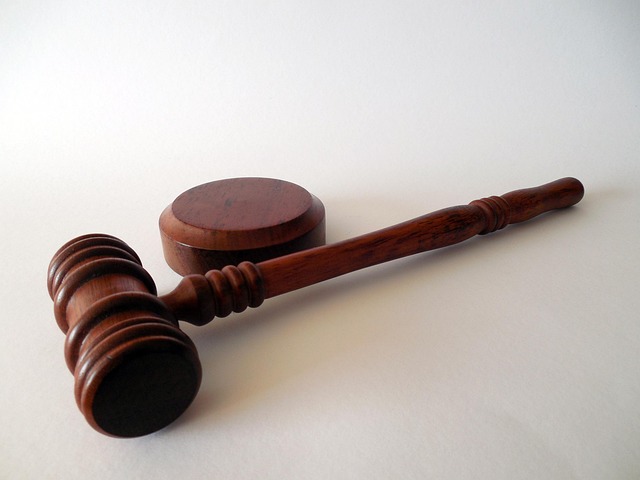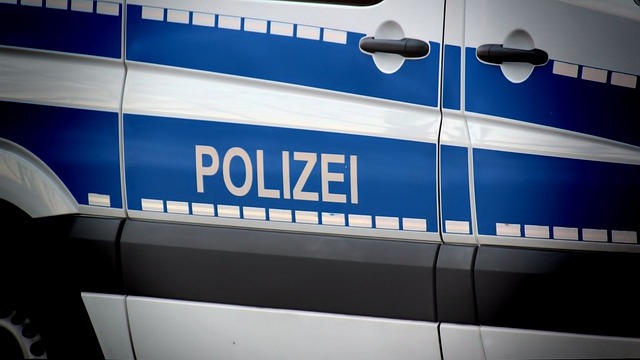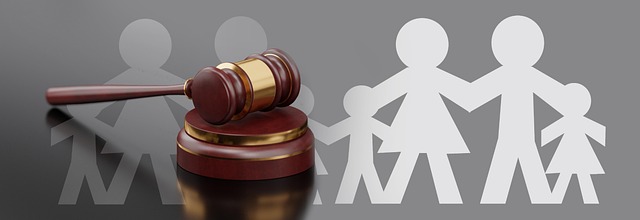High-pressure C-Level investigations probe corporate leaders for fraud or unethical conduct, relying on legal principles and evidence from criminal trials like emails, contracts, and financial records. These inquiries, aimed at acquittals or avoided indictments, require ethical collection and presentation of examples of evidence in criminal trials to secure just outcomes.
“C-Level Investigations: Uncovering Corporate Secrets and Accountability
In today’s business landscape, corporate integrity is paramount. When allegations emerge regarding high-level executives, thorough and discreet investigations become imperative. This article delves into the intricacies of C-level investigations, providing an insightful overview for professionals. We explore common triggers, delve into the types of evidence collected in criminal trials, and discuss legal considerations to navigate ethical boundaries. Additionally, notable case studies offer practical examples of successful C-level inquiries, shedding light on real-world applications, including valuable insights on Examples of Evidence in Criminal Trials.”
- Understanding C-Level Investigations: An Overview
- Common Triggers for Executive-Level Inquiries
- Types of Evidence Collected in Criminal Trials
- Legal Considerations and Ethical Boundaries
- Case Studies: Notable Examples of C-Level Investigations
Understanding C-Level Investigations: An Overview
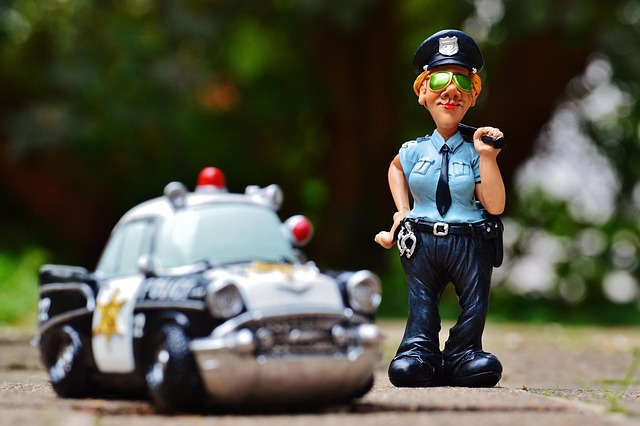
C-Level investigations refer to high-stakes inquiries involving corporate and executive leaders, often initiated in response to allegations of fraud, corruption, or unethical behavior. These investigations are complex and demanding, requiring a meticulous approach to uncover and preserve examples of evidence in criminal trials. The stakes are high, as the outcome can determine not only the legal fate of individuals but also the financial and reputational future of entire organizations.
Successful C-Level investigations demand a comprehensive understanding of both the legal landscape and the unique dynamics of corporate environments. They often involve navigating intricate financial records, analyzing digital evidence, and interviewing key stakeholders. The goal is to achieve extraordinary results, such as winning challenging defense verdicts or avoiding indictment, by presenting compelling and admissible evidence that stands up to rigorous scrutiny.
Common Triggers for Executive-Level Inquiries
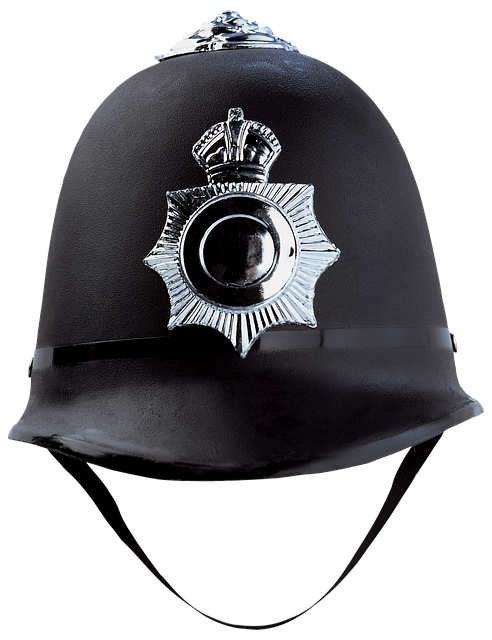
Executive-level investigations are often sparked by a range of factors that warrant close scrutiny. These inquiries typically arise from suspicious activities or potential misconduct within an organization, especially involving high-ranking executives. Common triggers include financial irregularities, ethical breaches, and allegations of fraud—all requiring thorough investigation to ensure corporate integrity. For instance, discrepancies in financial reports or unusual transactions might prompt a C-suite investigation, aiming to uncover potential criminal activity.
Examples of evidence in criminal trials play a pivotal role in these inquiries. Documented proof, such as emails, contracts, and financial records, can provide clear indications of wrongdoings. In some cases, an organization’s unprecedented track record of successful investigations and no prior indictment speaks volumes about its commitment to transparency. Ultimately, the goal is to ensure that all charges are completely dismissed, reflecting a robust internal investigation process and a strong defense strategy.
Types of Evidence Collected in Criminal Trials
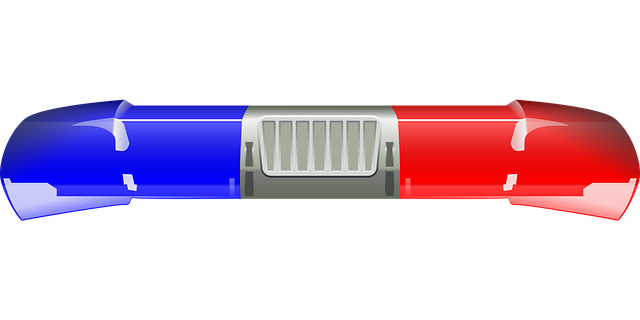
In criminal trials, gathering robust evidence is paramount to building a compelling case and securing justice. Examples of evidence in criminal trials encompass a wide range of tangible and intangible components that can significantly influence the outcome. Physical evidence, such as fingerprints, DNA samples, weapons, or drugs, serves as direct links to the crime scene and the accused. These items are collected and analyzed by forensic experts, providing objective, scientific proof in court. Testimonial evidence, on the other hand, involves witness statements, including eyewitness accounts, alibi testimony, and expert opinions. These subjective pieces of evidence help paint a clearer picture of what transpired during the incident.
Documentary evidence, such as surveillance footage, police reports, medical records, and digital data, also play crucial roles in criminal cases. Jurors often rely on these records to assess the credibility of statements and determine the sequence of events. The presentation of compelling examples of evidence in criminal trials, along with effective legal arguments, can lead to winning challenging defense verdicts for his clients. This is particularly true when the collected information is meticulously documented, preserved, and presented in a clear and comprehensible manner, ensuring a fair and just trial process.
Legal Considerations and Ethical Boundaries
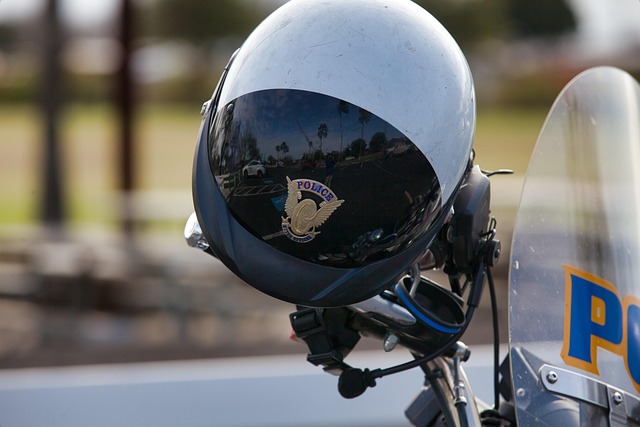
In launching C-Level investigations, legal considerations and ethical boundaries must be carefully navigated to ensure a fair and just process for both corporate and individual clients. The collection and use of evidence in such high-stakes cases often involves complex issues, particularly when dealing with white collar and economic crimes. Lawyers and investigators must adhere to strict rules governing the admissibility of evidence in criminal trials, ensuring that any examples of evidence presented are reliable, relevant, and obtained through legal means.
Ethical boundaries are equally important, especially when investigating high-ranking individuals. This includes maintaining impartiality, preserving client confidentiality, and avoiding conflicts of interest. The goal is to win challenging defense verdicts not only by presenting compelling evidence but also by upholding the integrity of the investigation process itself.
Case Studies: Notable Examples of C-Level Investigations
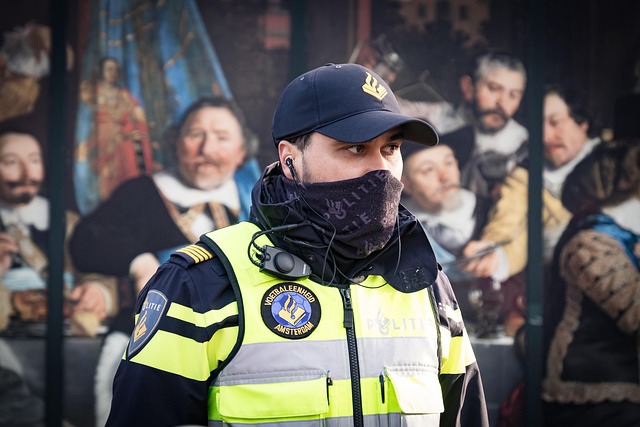
In the realm of C-level investigations, notable case studies highlight the intricate balance between meticulous evidence collection and achieving winning challenging defense verdicts. Examples of evidence in criminal trials often determine the fate of high-profile individuals, with each case presenting unique complexities and challenges. For instance, across the country, a skilled attorney successfully defended a CEO accused of fraud by presenting compelling alibis, contradicting witness testimonies, and meticulous document analysis.
These investigations demand a strategic approach, combining legal acumen with robust forensics. The outcome not only hinges on the quality of evidence but also on how it is presented and interpreted. Through these case studies, professionals learn valuable lessons in navigating complex legal landscapes, ensuring justice while securing favorable outcomes for their clients.
C-Level investigations, encompassing complex executive-level inquiries, require a multifaceted approach. By understanding common triggers, exploring legal considerations, and studying notable case examples, organizations can effectively navigate these challenging scenarios. The collection of robust evidence from criminal trials serves as a vital component in such probes, underscoring the importance of meticulous documentation and adherence to ethical standards. Armed with this knowledge, businesses can ensure their integrity and adaptability in addressing high-level investigations.
